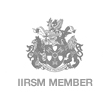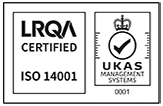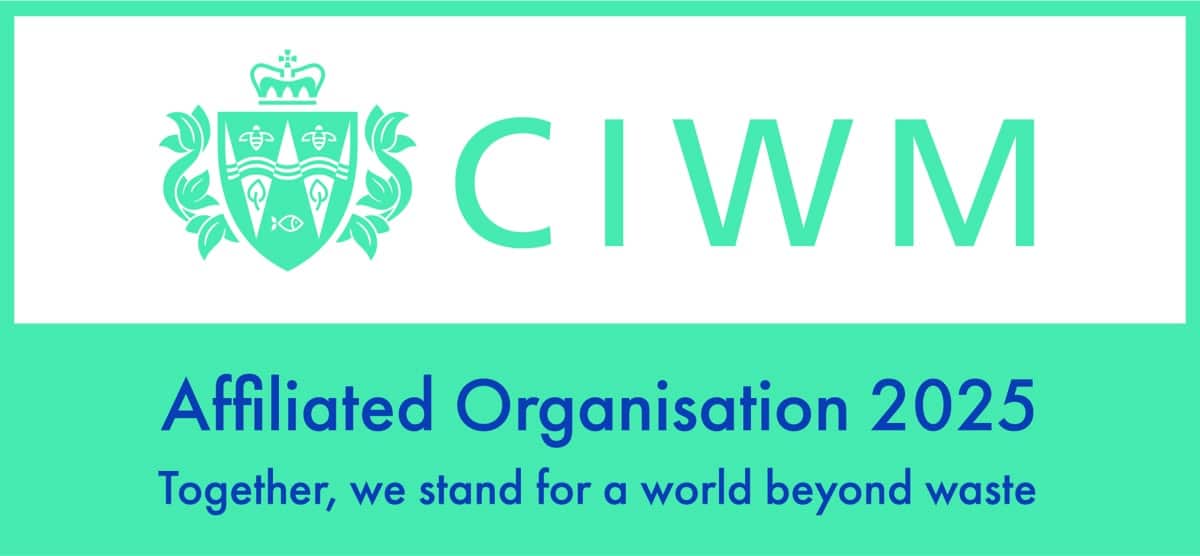Ever wondered what happens to the waste we put in skips? Is there a systematic process in place and, if so, what’s the most sustainable option available? This blog will shed light on the journey of waste from skip to disposal, focusing in particular on the importance of the sorting phase.
Waste sorting is a crucial step that not only streamlines operations but also presents ample opportunities for sustainability. Whether it’s reusing materials for future projects, recycling demolition debris as aggregate, recovering valuable items or responsibly removing waste to landfill, each aspect plays a vital role in minimising overall environmental impact.
What happens to the waste we put in skips?
After a skip is filled, the collector typically follows these steps:
- Collection: The skip is collected by a waste management company or local authority.
- Transportation: The filled skip is transported to a designated waste transfer station or recycling facility.
- Sorting: At the facility, the contents of the skip are sorted to separate recyclable materials from non-recyclable waste.
- Processing: Recyclable materials are processed to prepare them for recycling, which may involve shredding, melting, or other methods depending on the material.
- Disposal: Non-recyclable waste is disposed of in accordance with local regulations, which may include landfill disposal or other appropriate methods.
Throughout this process, the waste collector ensures that all materials are handled and disposed of safely and responsibly, in compliance with environmental regulations.
Sorting the collected waste
The sorting phase of the waste management process is pivotal in segregating waste into distinct categories in order to optimise recycling. No matter how big or small your project, site management plans can be created to outline strategies for each waste type, adhering to the principles of reuse, recycle, recover and remove.
Items of value
Items of value found in skips during the sorting phase undergo careful evaluation and handling. Depending on their condition and usability, these items may be designated for reuse, resale or donation. Reusable items are set aside for potential reuse on-site, in future projects or are donated to charities or organisations in need. Alternatively, valuable items may be sold to second-hand stores or online platforms for resale, contributing to circular economy principles.
Building materials
Building materials are carefully assessed for potential reuse or recycling. Usable building materials, such as bricks, concrete and lumber, are separated from other waste streams and set aside for reuse or resale. Materials such as concrete and asphalt may undergo crushing and processing to produce recycled aggregate for use in new construction projects.
Garden and wood waste
Garden waste undergoes specific treatment processes to ensure environmentally responsible disposal or recycling. Depending on local regulations and available facilities, garden waste such as grass clippings and leaves may be composted to produce nutrient-rich soil fertilisers. Larger garden waste items, such as tree branches and shrubs, may be chipped or shredded to produce biomass for use in renewable energy generation or mulch for landscaping purposes.
The same applies to wood waste, such as timber, pallets and lumber scraps. Depending on the condition, quality and size, wood waste may be repurposed or recycled by chipping or shredding it into wood chips or mulch. Higher-grade wood waste may be salvaged and refurbished for reuse in construction or manufacturing industries. However, if wood waste is contaminated or unsuitable for recycling, it may be sent to biomass energy facilities for incineration to generate renewable energy.
|
You can contribute to the optimisation of the waste disposal process by sorting wood waste from other waste before collection. Find out more about Rabbit’s wood only skips here |
Scrap metal
Scrap metal is separated from other waste and transported to recycling facilities where it undergoes various processing steps. These steps typically include shredding, shearing and melting to transform the scrap metal into raw material for manufacturing new metal products. Once processed, the recycled metal can be used to produce a wide range of new products, including construction materials, automotive parts and consumer goods.
Electrical goods
Electrical goods should never be disposed of in skips due to their hazardous components and potential environmental impact. Instead, they should be recycled or disposed of properly through designated channels, such as designated recycling centres or electronic waste collection points where they are dismantled, sorted and processed for recycling or proper disposal. Electrical goods, such as electronics and appliances, often contain hazardous materials like lead, mercury and cadmium, which can pose risks to human health and the environment if not handled properly.
Skip companies will check for electrical items in a skip and the customer asked to remove them when collecting a hired skip. However, if an electrical item ends up at the material recovery facility, they will be removed and passed onto specialised waste removal experts who are trained and equipped to handle and dispose of such materials.
Items that are not recyclable
Items that are not recyclable are typically disposed of in landfills or undergo alternative waste management processes, depending on local regulations and available facilities. In some cases, non-recyclable waste may be directed to waste-to-energy facilities, where it is incinerated to generate electricity or heat. For instance, Rabbit Group maintains its own Energy Recovery Facility, where waste is converted into energy, ensuring that even non-recyclable waste contributes to sustainable energy generation rather than ending up in landfills. Through meticulous sorting and strategic waste management practices, we can minimise environmental impact and promote a circular economy within the waste management sector.
| Did you know that Rabbit can generate enough electricity to power 8000 homes just from processing unwanted waste from skips?Learn more about our Energy Recovery Facility here |
Sustainable waste disposal
When it comes to managing skip waste collection, sorting and disposal, you have several options at your fingertips, from expert collectors to simpler alternatives like a ‘man and a van’ or trips to your local dump. However, the latter is less environmentally friendly.
Whether you’re a site manager, project manager or householder simply undertaking home and garden renovations, hiring an experienced, expert waste disposal company such as Rabbit Skip Hire ensures that your waste is legally collected, sorted and disposed of, maximising recycling opportunities while relieving you of the responsibility.

Rabbit Skip Hire:
Rabbit Skip Hire is an established and expert supplier of skips for commercial and domestic projects of all sizes throughout East and West Sussex.
To find out more about Rabbit Skip Hire’s reliable and expert skip hire contact our expert and friendly team on 01903 762020, email info@rabbitgroup.co.uk or fill out our online skip hire contact form.
Rabbit Skip Hire is part of Rabbit Waste Management, which includes Rabbit Demolition.





